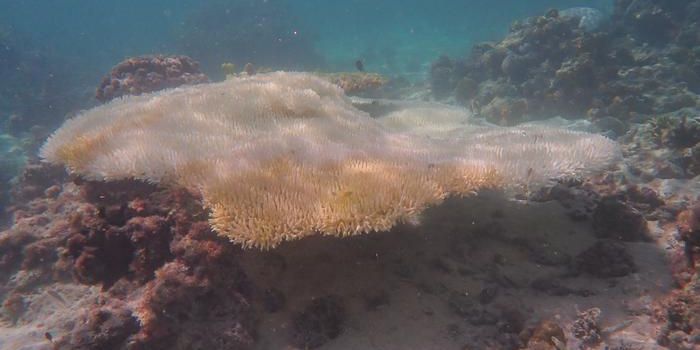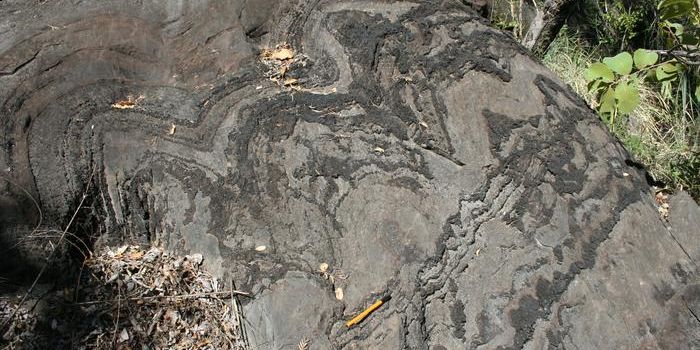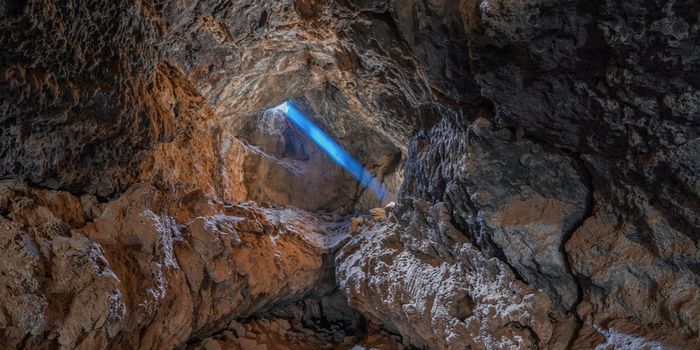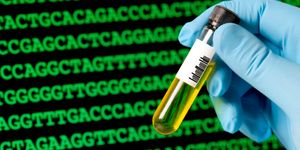Researchers Observe Natural Selection in Penguins
For at least 28 years, Dee Boersma, a professor of biology from the University of Washington, and her colleagues have been studying Magellanic Penguins from South America, and continue to do it today.

Image Credit: Dee Boersma
Their ultimate goal was to find whether or not there would be any evidence of natural selection taking its course. Throughout their years of research, they studied generations of Magellanic Penguins by attaching special metal bands around their flippers that could be used to identify them over the years.
Because the penguins were monogamous during mating season, and because they would always return to the same spot in Punta Tombo every time, it was pretty easy to keep an eye on the species and check back with them time and time again.
After finding going back and finding the penguins that had been tagged by the metal bands, a team of researchers led by Laura E. Koehn found that there were some documentable changes in the physical structure of some of the penguins, suggesting that they had been witnessing natural selection taking place over the course of generations over the years.
Their findings have been published in the journal The Auk.
Some of the notable changes included body and foot size as well as bill depth. It was found that during at least seven of the 28 years of study, the penguins exhibited patterns of changes in both males and females from the region.
Larger males were reportedly faring better in seasons where food and resources were scarce, which was making the quality more dominant for the species’ survival, while females simply exhibited minor changes in the aforementioned qualities having to do with their bills, bodies, and feet.
"Those traits appear to be important for survival," Boersma said. "But if environmental conditions change rapidly then selection also constantly changes, and it's harder to see a clear trend over time."
This is only the second time that scientists have been able to record natural selection happening in real time over several years in a bird species, but is the first time for penguins.
Boersma explains that the team will continue to monitor natural selection in these penguins over the course of the next several years, explaining that this is “just the beginning.”
Source: Phys.org








